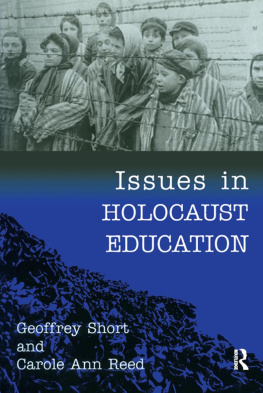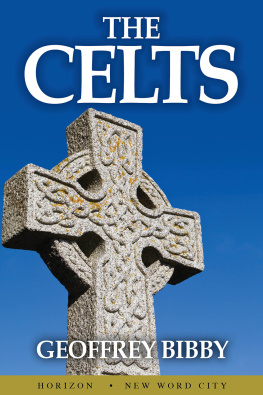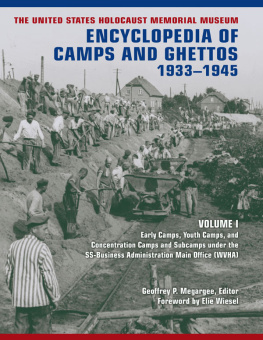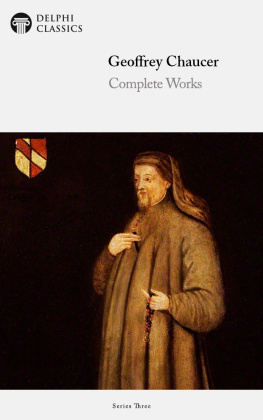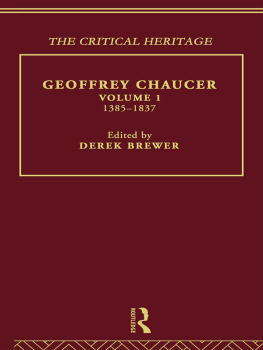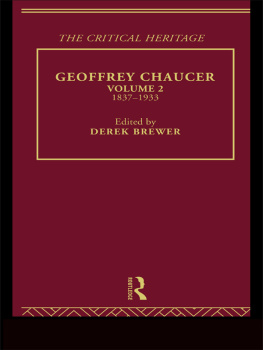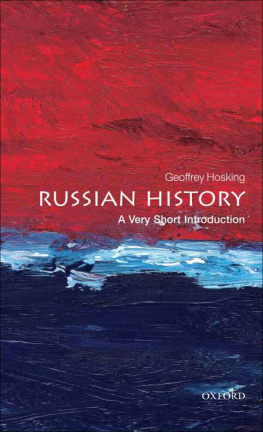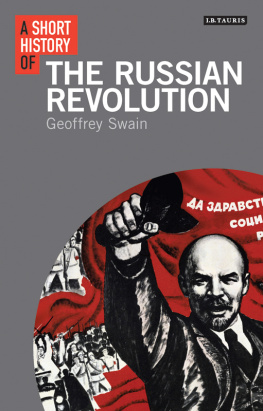ISSUES IN HOLOCAUST EDUCATION
For Sam, Jake and Harry
and
Danny and Vanessa
Issues in Holocaust Education
GEOFFREY SHORT
University of Hertfordshire, UK
CAROLE ANN REED
Formerly, Director of the Holocaust Education and Memorial Centre, Toronto
First published 2004 by Ashgate Publishing
Published 2017 by Routledge
2 Park Square, Milton Park, Abingdon, Oxon OX14 4RN
711 Third Avenue, New York, NY 10017, USA
Routledge is an imprint of the Taylor & Francis Group, an informa business
Copyright Geoffrey Short and Carole Ann Reed 2004
Geoffrey Short and Carole Ann Reed have asserted their right under the Copyright, Designs and Patents Act, 1988, to be identified as the authors of this work.
All rights reserved. No part of this book may be reprinted or reproduced or utilised in any form or by any electronic, mechanical, or other means, now known or hereafter invented, including photocopying and recording, or in any information storage or retrieval system, without permission in writing from the publishers.
Notice:
Product or corporate names may be trademarks or registered trademarks, and are used only for identification and explanation without intent to infringe.
British Library Cataloguing in Publication Data
Short, Geoffrey
Issues in Holocaust education
1. Holocaust, Jewish (1939-1945) - Study and teaching (Secondary) 2. Holocaust, Jewish (1939-1945) - Study and teaching (Elementary)
I. Title II. Reed, Carole Ann
940.5318071
Library of Congress Cataloging-in-Publication Data
Short, Geoffrey.
Issues in Holocaust education / Geoffrey Short, Carole Ann Reed.
p. cm.
Includes bibliographical references and indexes.
ISBN 0-7546-4210-0
1. Holocaust, Jewish (1939-1945)--Study and teaching. I. Reed, Carole Ann, 1946- II. Title.
D804.33.S57 2004
940.5318071--dc22
2004000034
ISBN 13: 978-0-7546-4211-4 (pbk)
ISBN 13: 978-0-7546-4210-7 (hbk)
Contents
In this book we set out to explore the nature of Holocaust education in schools. We do so, in part, by examining a range of theoretical issues including the need for such education, the factors that influence its evolution and the reasons for the antiracist movements indifference to the Holocaust and its place in the curriculum. The books empirical core sheds light on the attitudes and practices of teachers and on the prospects of drawing on the Holocaust to promote responsible citizenship. We acknowledge that our contribution is a personal one, for the theoretical, historical and instructional issues we have chosen to address reflect our experiences and priorities as Holocaust educators in the United Kingdom and Canada. As we deal in the main with developments in these two countries, our contribution is partial as well as personal, for we would not wish to claim that the situation in either country is representative of what has happened elsewhere. Indeed, such a possibility is remote given the diverse nature of national representations of the Holocaust (Huyssen, 1994). Our hope is that academics in other parts of the world will engage with the issues we raise, replicate and extend our research and, in the process, forge a better understanding of the limitations and possibilities of teaching the Holocaust to young children and adolescents.
Whatever the books shortcomings, it is undoubtedly timely, for the curriculum in many schools in the United Kingdom and Canada, and in various other countries, has responded to a level of interest in the Holocaust that is not only unprecedented but shows no signs of abating. Certainly, in the United Kingdom it would seem that over the past ten years or so the Holocaust and its aftermath, in one form or another, have rarely been out of the news. Both the print and broadcast media, for example, covered the arrest and trial of the war criminals Maurice Papon and Anthony Sawoniuk and reported on the acquittal, in Israel, of the suspected death camp guard John Demjanjuk. In addition, they helped bring to public notice a number of academic controversies, notably those involving Daniel Goldhagens (1996) claims about the part played by ordinary Germans during the Nazi era; William Rubinsteins (1997) defence of the Allies decision not to bomb Auschwitz and John Cornwells (1999) condemnation of the role of Pius XII. Moreover, there was a point in the mid-1990s when the news agenda gave prominence to attempts to restore expropriated Jewish property to its rightful owners, the best known case involving an investigation into the dormant accounts of Holocaust victims in Swiss banks. A few years later considerable publicity was generated by David Irvings libel trial (and his unsuccessful appeal) and also by Norman Finkelsteins (2000) blistering polemic against the Holocaust industry. However, it is not just the reporting of current affairs that has prevented the Holocaust receding from consciousness, for popular culture and especially the cinema have also had a significant impact. Films such as Schindlers List, Life is Beautiful and The Pianist stand out, for all three were not only highly successful in terms of box office receipts, Oscar nominations and awards; they were also much discussed, and in the case of Life is Beautiful, much debated. More recently, Costa-Gavrass film Amen, which accuses the Vatican of turning a blind eye to the destruction of European Jewry, caused an outcry in certain quarters and, as we write, Rosenstrasse looks set to do likewise. Directed by Margareta von Trotta, it challenges received wisdom on the effectiveness of the demonstration by a group ofAryan women in Berlin in February 1943 on behalf of their imprisoned Jewish husbands.
Partly in response to these and other developments (such as acts of contrition by church leaders) the Holocaust, for many people, has come to symbolise the ultimate expression of evil. It is thus not surprising that while its teaching at secondary school level may be mandated in only a handful of countries, its value in relation to citizenship education has increasingly been recognised. Nowhere more so, perhaps, than at the International Forum on the Holocaust in Stockholm where, in January 2000, many of the worlds Prime Ministers and Heads of State gathered to express their determination to heed the lessons of Nazi racial policy. The Forum was convened as a result of a commitment given by the Task Force for International Co-operation on Holocaust Education, Remembrance and Research set up at the behest of the Swedish Prime Minister, Gran Persson, in May 1998. Persson chaired the conference and helped draft the agreed declaration that urged governments to ensure that future generations can understand the causes of the Holocaust and reflect upon its consequences.
Further evidence that teaching the subject is being taken seriously at the highest levels can be seen in the work of the Council of Europe. Founded in 1949 to protect and promote human rights, the organisation has taken steps over recent years to raise the profile of Holocaust education among its 41 member states and especially among those emerging from Communist rule. The commitment of the Council to this project was evident in the speech delivered by its Secretary General, Walter Schwimmer, at the Stockholm conference. He said:
I consider teaching about the Holocaust, its roots and consequences, a crucial obligation. It constitutes a necessary part of every young persons education, whatever their national and cultural background. We must be vigilant because there are those who claim that we have already heard enough about this. We never will hear enough about it.


